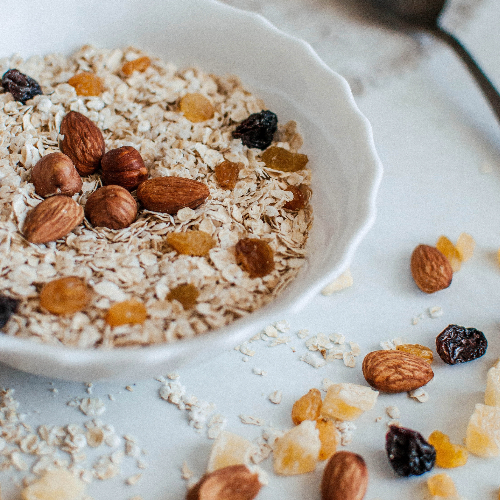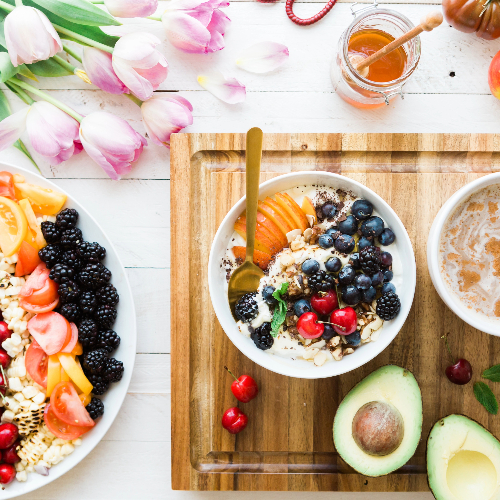Achieving optimal nutrition on a plant-based diet is an increasingly popular lifestyle choice for many health-conscious individuals. This dietary approach focuses on consuming foods primarily from plants, including fruits, vegetables, nuts, seeds, oils, whole grains, legumes, and beans. It does not necessarily mean that you are vegetarian or vegan and never eat meat or dairy. Rather, you are proportionately choosing more of your foods from plant sources.

Understanding Plant-Based Nutrition
A plant-based diet is rich in nutrients that most Americans do not get enough of, including fiber, vitamins, and minerals. It’s associated with numerous health benefits, including lower blood pressure, reduced risk of heart disease, type 2 diabetes, and certain types of cancer. However, when adopting a plant-based diet, it’s crucial to ensure that you’re getting sufficient protein, essential fats, vitamins, and minerals that are typically found in animal products.
Protein Powerhouses in Plants
Protein is vital for muscle repair, immune function, and overall cellular health. Plant-based sources of protein include lentils, chickpeas, tofu, quinoa, and various seeds and nuts. These foods offer not only protein but also different nutrients and dietary fiber. Incorporating a variety of these protein sources is key to achieving a balanced diet.
Essential Fats for a Healthy Body
Fats are essential for brain health, energy, and nutrient absorption. Plant-based sources of healthy fats include avocados, chia seeds, flaxseeds, walnuts, and olive oil. These foods provide essential omega-3 and omega-6 fatty acids, which are crucial for brain function and cell growth.
Vitamins and Minerals: The Plant-Based Way
Certain vitamins and minerals, such as Vitamin B12, Vitamin D, iron, calcium, and zinc, are typically associated with animal products. However, they can be found in plant-based sources or supplements. Fortified plant milk and cereals, nutritional yeast, and sun-dried mushrooms can provide Vitamin B12 and Vitamin D. Iron can be found in lentils, chickpeas, and spinach, while tofu, tahini, and almonds are great sources of calcium. Zinc is abundant in whole grains, nuts, and seeds.
Balancing Your Plant-Based Diet
Balancing a plant-based diet involves eating a variety of foods to ensure that you get the full range of essential nutrients. This means consuming a mix of fruits, vegetables, whole grains, nuts, seeds, and legumes. It’s also important to be aware of portion sizes and total caloric intake, especially if weight management is a goal.
Challenges and Considerations
Transitioning to a plant-based diet requires some planning to ensure nutritional needs are met. It’s important to learn about plant-based protein sources, how to cook and prepare them, and how to ensure you’re getting a balanced intake of nutrients. Consulting a dietitian or a nutritionist can be beneficial in making this transition smoother and healthier.
Conclusion
A well-planned plant-based diet can provide all the nutrients your body needs to function optimally. By focusing on a variety of whole, unprocessed plant foods, you can enjoy the health benefits of this diet while contributing to environmental sustainability. With careful planning and knowledge, achieving optimal nutrition on a plant-based diet is not only possible but can be a delicious and rewarding journey.



